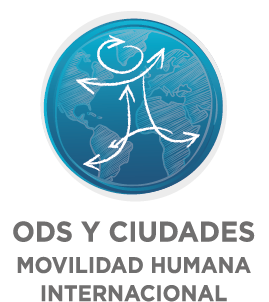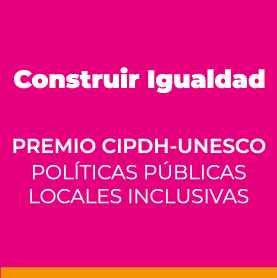Public Policy for the Recognition of Sexual Diversity and Gender Identity and for the Protection, Restitution, Attention to and Guarantee of Rights of Lesbian, Gay, Bisexual, Transgender and Intersex (LGBTI) Persons
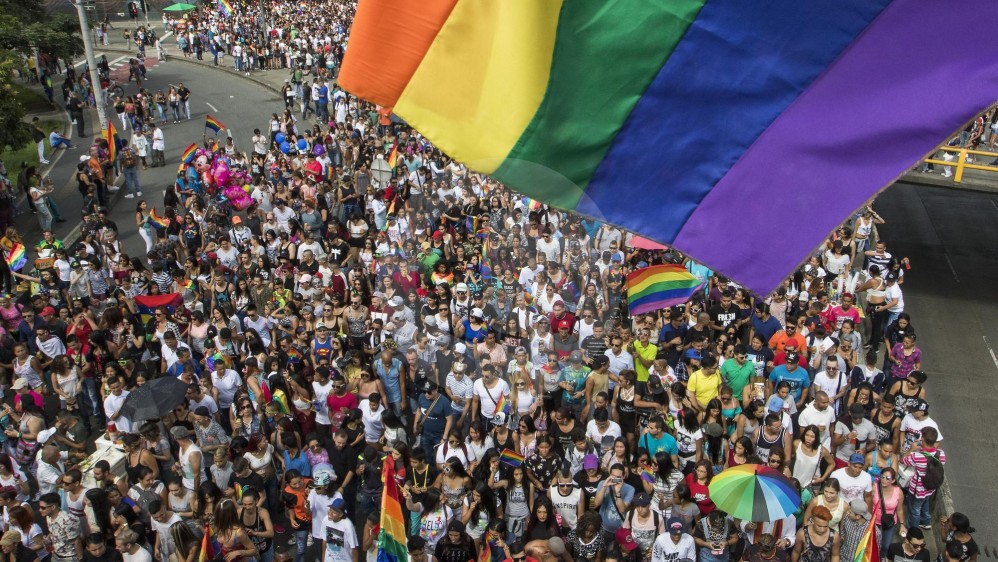
- Region
- Latin America and the Caribbean
- Range of Demographic Size
- 1,000,000 inhabitants or more (metropolis)
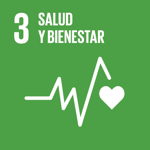
3.7 By 2030, ensure universal access to sexual and reproductive health-care services, including for family planning, information and education, and the integration of reproductive health into national strategies and programmes.
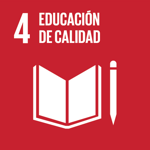
4.5 By 2030, eliminate gender disparities in education and ensure equal access to all levels of education and vocational training for the vulnerable, including persons with disabilities, indigenous peoples and children in vulnerable situations.
4.7 By 2030, ensure that all learners acquire the knowledge and skills needed to promote sustainable development, including, among others, through education for sustainable development and sustainable lifestyles, human rights, gender equality, promotion of a culture of peace and non-violence, global citizenship and appreciation of cultural diversity and of culture’s contribution to sustainable development, among other means.
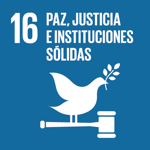
16.1 Significantly reduce all forms of violence and related death rates everywhere.
16.3 Promote the rule of law at the national and international levels and ensure equal access to justice for all.
16.6 Develop effective, accountable and transparent institutions at all levels.
16.7 Ensure responsive, inclusive, participatory and representative decision-making at all levels.
16.10 Ensure public access to information and protect fundamental freedoms, in accordance with national legislation and international agreements.
D - Universal access to sexual and reproductive health services
E - Gender equality
G - Territorial inequality, spatial mobility and vulnerability
• Inter-American Convention on the Prevention, Punishment, and Eradication of Violence against Women (Convention of Belém do Pará)
Convention on the Rights of the Child (CRC).
Convention on the Elimination of all Forms of Discrimination Against Women (CEDAW).
International Covenant on Civil and Political Rights (ICCPR).
International Covenant on Economic, Social and Cultural Rights (ICESCR).
Additional Protocol to the American Convention on Human Rights in economic, social and cultural rights (San Salvador Protocol).
Summary
The “Public Policy for the Recognition of Sexual Diversity and Gender Identity and for the Protection, Restitution, Attention to and Guarantee of Rights of Lesbian, Gay, Bisexual, Transgender and Intersex Persons in the City of Medellín” aims at ensuring recognition, respect for difference, cultural identity and free development of persons within this social collective, by strengthening the organizational processes and the leadership of LGBTI sectors.
For that purpose, the government and the civil society have set up, in compliance with the principle of shared responsibility, a series of activities in the city, aimed at improving life conditions of the persons in these sectors. Such initiatives are contained in the strategic plan deriving from this public policy, which provides for a series of affirmative, permanent, annual and strategic actions to be carried out under the responsibility of the Secretaría de Inclusión Social, Familia y Derechos Humanos (Secretariat of Social Inclusion, Family and Human Rights).
Implementation Date:
Start: 04 / 16 / 2011
End: End: Currently in force
Society in general
Advice
Financial/legal/technical assistence
Awareness and/or information campaigns
Education and training
Institutional strengthening
Building of partnerships, networks, associations and coalitions
Instrumentos

3.7 By 2030, ensure universal access to sexual and reproductive health-care services, including for family planning, information and education, and the integration of reproductive health into national strategies and programmes.

4.5 By 2030, eliminate gender disparities in education and ensure equal access to all levels of education and vocational training for the vulnerable, including persons with disabilities, indigenous peoples and children in vulnerable situations.
4.7 By 2030, ensure that all learners acquire the knowledge and skills needed to promote sustainable development, including, among others, through education for sustainable development and sustainable lifestyles, human rights, gender equality, promotion of a culture of peace and non-violence, global citizenship and appreciation of cultural diversity and of culture’s contribution to sustainable development, among other means.

16.1 Significantly reduce all forms of violence and related death rates everywhere.
16.3 Promote the rule of law at the national and international levels and ensure equal access to justice for all.
16.6 Develop effective, accountable and transparent institutions at all levels.
16.7 Ensure responsive, inclusive, participatory and representative decision-making at all levels.
16.10 Ensure public access to information and protect fundamental freedoms, in accordance with national legislation and international agreements.
D - Universal access to sexual and reproductive health services
E - Gender equality
G - Territorial inequality, spatial mobility and vulnerability
• Inter-American Convention on the Prevention, Punishment, and Eradication of Violence against Women (Convention of Belém do Pará)
Convention on the Rights of the Child (CRC).
Convention on the Elimination of all Forms of Discrimination Against Women (CEDAW).
International Covenant on Civil and Political Rights (ICCPR).
International Covenant on Economic, Social and Cultural Rights (ICESCR).
Additional Protocol to the American Convention on Human Rights in economic, social and cultural rights (San Salvador Protocol).
Location
- Region
- Latin America and the Caribbean
- Range of Demographic Size
- 1,000,000 inhabitants or more (metropolis)


